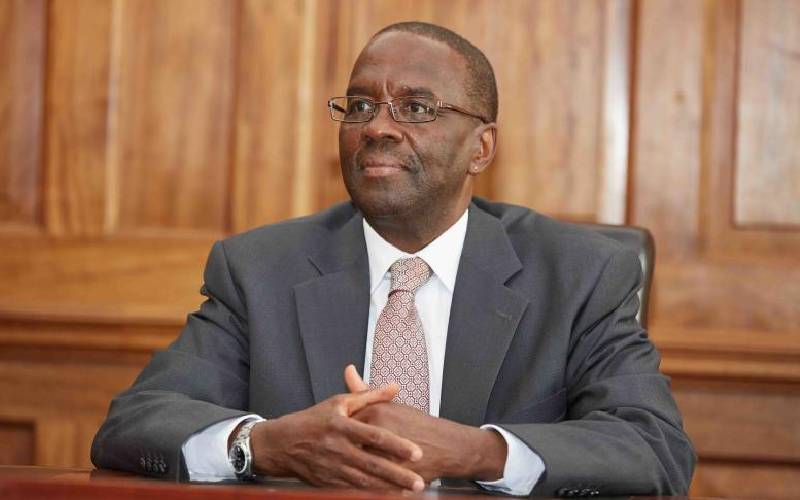×
The Standard e-Paper
Smart Minds Choose Us

Former Chief Justice Willy Mutunga. [File, Standard]
Former Chief Justice Willy Mutunga raised eyebrows when he predicted yet another handshake between presidential hopefuls Raila Odinga and William Ruto after the August elections.







